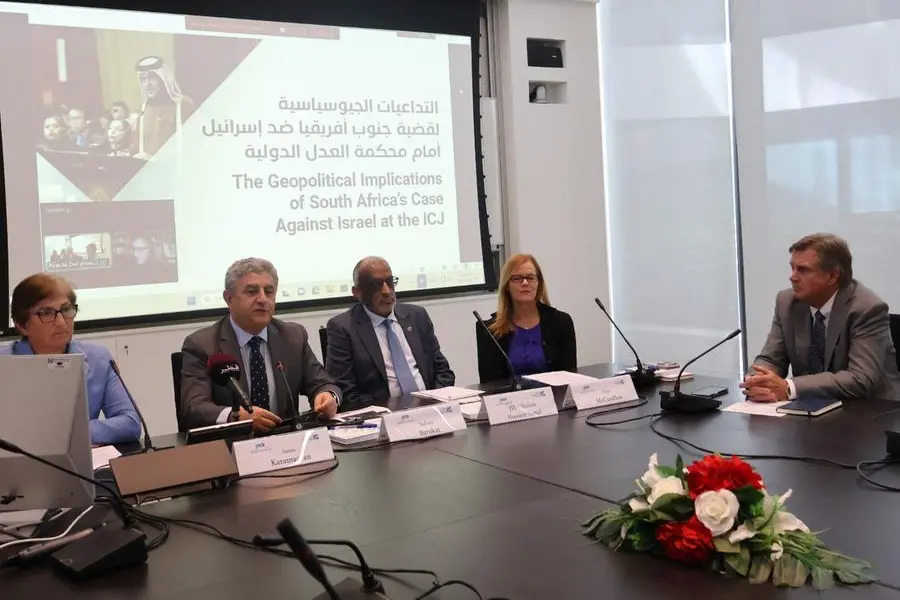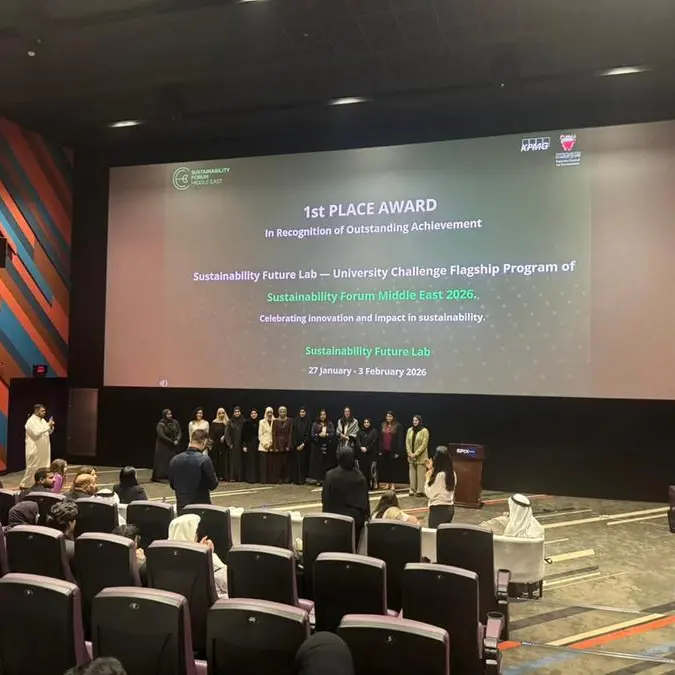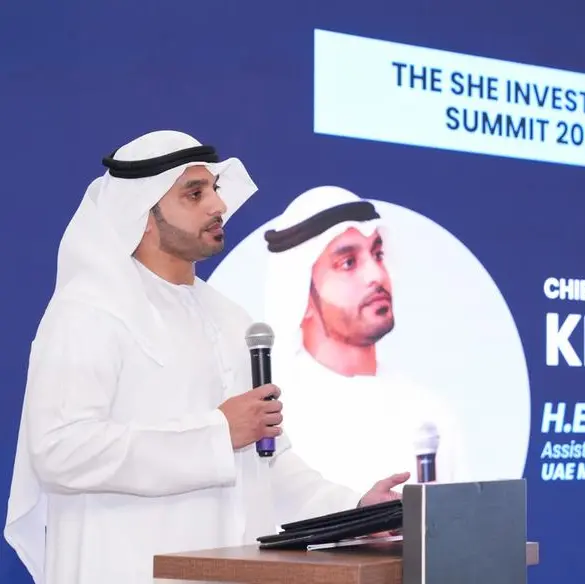PHOTO
Doha - Hamad Bin Khalifa University’s (HBKU) Global Institute for Strategic Research (GISR), in collaboration with the College of Public Policy and the College of Law, conducted a panel discussion exploring the geopolitical implications of South Africa’s case against Israel at the International Court of Justice (ICJ).
The distinguished panel featured HE Ghulam Hoosein Asmal, Ambassador of South Africa to Qatar; HE Androulla Kaminara, Distinguished Diplomat in Residence, Georgetown University in Qatar; Susan L. Karamanian, Dean, HBKU’s College of Law; and Dr. Erin McCandless, Distinguished Visiting Professor of Public Value, HBKU’s College of Public Policy.
Chaired by Dr. Sultan Barakat, Acting Director, GISR, the panel explored the implications of the ICJ’s order on provisional measures of January 26, 2024, which held that Israel must “take all measures within its power to prevent the commission of all acts” of genocide relating to the Palestinians in Gaza. Participants also examined Israel’s response to the order of provisional measures and the ramifications of Israel’s further violations of international law, particularly given the substantial loss of life that has occurred since the order was issued.
The panel then analyzed the implications of Qatar’s positioning and role as a mediator in the conflict, weighing the importance of Qatar’s contributions to ongoing negotiations between all parties. The session concluded with a conversation about the significance of the ruling to the global rules-based order with a particular focus on considerations for policymakers as they move forward.
Commenting on the panel discussion, Dr. Barakat said: “The ICJ’s ruling on South Africa v. Israel is a critical moment in a pressing issue facing policymakers throughout the Middle East and North Africa. GISR is committed to enhancing the ability of decision makers in Qatar and the Arab world by providing a diversity of thought and understanding through initiatives such as this panel discussion.”
GISR is a new, independent and multidisciplinary think tank primarily concerned with addressing the global challenges of governance, advancement and peace. Through trusted and relevant foresight, the Institute acts as a bridge between research and policy that works to strengthen the capacity of decision makers to address these challenges by employing independent and forward-facing frameworks of analysis that stimulate critical thinking, foresight, and innovation.
About Hamad Bin Khalifa University
Innovating Today, Shaping Tomorrow
Hamad Bin Khalifa University (HBKU), a member of Qatar Foundation for Education, Science, and Community Development (QF), was founded in 2010 as a research-intensive university that acts as a catalyst for transformative change in Qatar and the region while having global impact. Located in Education City, HBKU is committed to building and cultivating human capacity through an enriching academic experience, innovative ecosystem, and unique partnerships. HBKU delivers multidisciplinary undergraduate and graduate programs through its colleges, and provides opportunities for research and scholarship through its institutes and centers. For more information about HBKU, visit www.hbku.edu.qa.




















